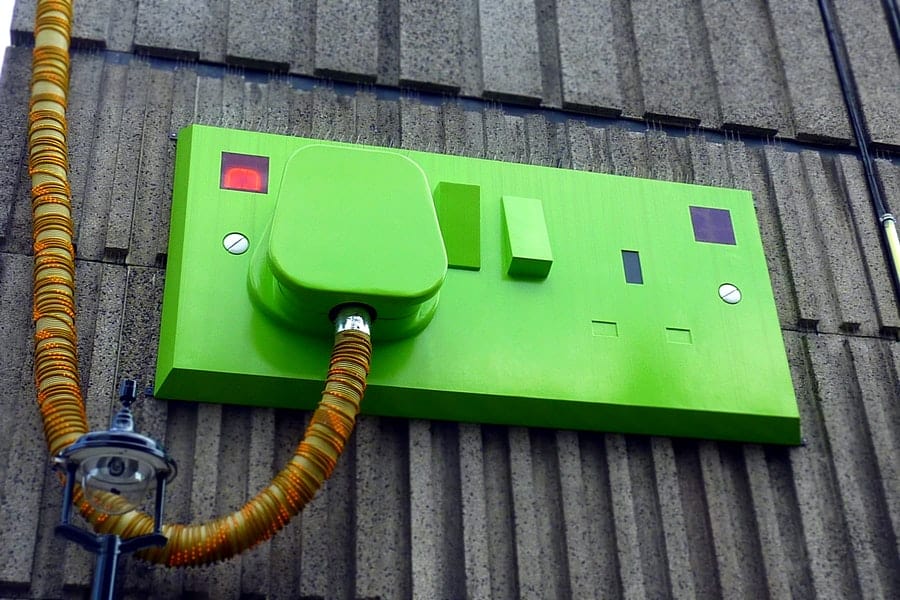When setting up an air conditioning unit, especially in rooms without conveniently located power outlets, the temptation to use an extension cord can be strong. However, the question remains: Is it safe to plug your AC into an extension cord? Let’s dive deep into the nuances of this topic, focusing on electrical safety, best practices, and providing a definitive answer.
1. Understanding Electrical Load and AC Units
Air conditioners, especially larger units, draw a significant amount of power when operating. An extension cord not specifically designed to handle this electrical load could overheat, posing a fire hazard. The basics of electrical load and how appliances like AC units factor in can be explored on Electrical Safety Foundation International (ESFI).
2. Manufacturer’s Recommendations: Following the Manual
Most AC manufacturers explicitly state in their user manuals that the unit should be plugged directly into a wall outlet. Using an extension cord often violates the warranty and might absolve the manufacturer of liability if damage or injury occurs. When in doubt, always refer to the user’s guide that comes with your AC.
3. The Problem with Standard Extension Cords
Typical household extension cords aren’t designed to carry the high current drawn by air conditioner and fan safety. Using an inadequate cord can lead to reduced AC performance, damage to the unit, or even electrical fires. The U.S. Consumer Product Safety Commission provides statistics on home fires caused by electrical misuse, underscoring the importance of safe practices.
4. If Absolutely Necessary: What to Look For
While it’s not recommended to use an extension cord for an AC unit, if you absolutely must, there are certain precautions:
- Heavy-Duty Cord: Ensure it’s a heavy-duty extension cord, designed specifically for high amperage appliances.
- Short as Possible: The longer the cord, the higher the potential voltage drop. Keep the cord as short as necessary.
- Check the Amp Rating: The cord’s amp rating should exceed the AC unit’s requirements.
- Avoid Daisy Chaining: Never plug one extension cord into another.
Concluding Thoughts
Plugging your AC into an extension cord is not a recommended practice. The risks of electrical fires, damage to the unit, and potential voiding of warranties overshadow the convenience it might provide. Always prioritize safety over convenience, and whenever possible, plug your AC directly into a wall outlet.
FAQs
Q: Can I use a surge protector instead of an extension cord for my AC?
A: While surge protectors can offer protection against voltage spikes, they should not be used as a substitute for extension cords. It’s still ideal to plug the AC directly into a wall outlet.
Q: Are there professionals who can help install additional outlets closer to my AC?
A: Absolutely. Licensed electricians can assess your needs and safely install new outlets in the desired locations.
Q: If my AC’s cord is too short, what should I do?
A: Instead of resorting to an extension cord, consider having a licensed electrician replace the cord with a longer, appropriately rated one or install a new outlet closer to the unit.
Zeeshan is a seasoned tech expert and senior writer at Teckrr.com. With over 10 years of experience in tech journalism, he brings insightful analysis and up-to-date information on the latest tech trends. Zeeshan holds a MBA degree from Business and Tech University and is known for his engaging writing style and ability to demystify complex tech topics. Stay connected with the cutting-edge of technology through his expert lens.

Leave a Reply